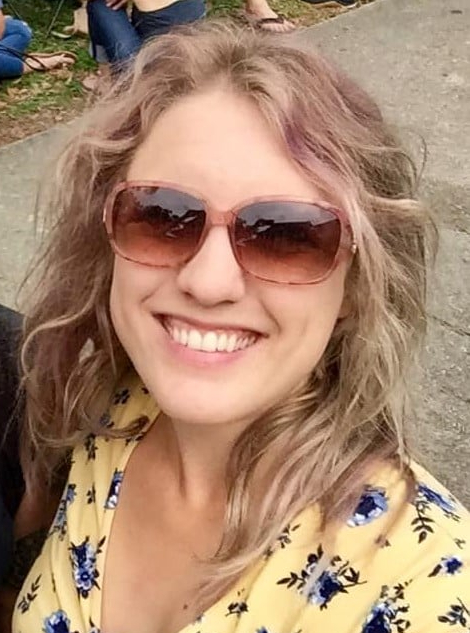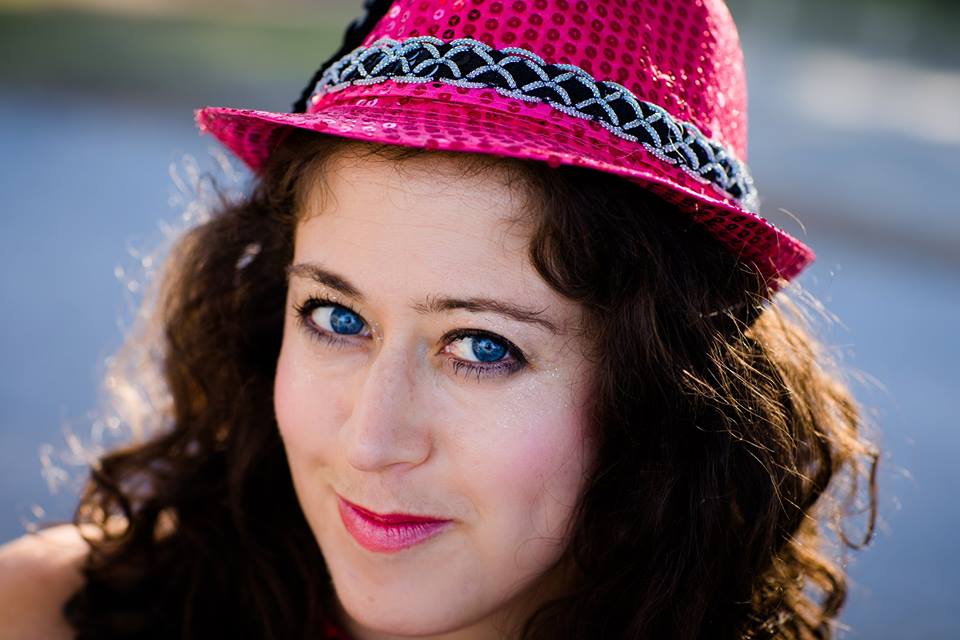This site was created by musician/advocate Hannah Kreiger-Benson and writer/bartender/archaeologist Laura DeFazio. It’s an ongoing project.
We started working on this together in early 2020, but it’s a combination of two separate Frenchmen projects we’d each been carrying out on our own. (Laura’s was more ethnographic; Hannah’s was more focused on the economic, historical, and legal elements of the Frenchmen St. music-venue cluster.) Here are some notes on who we are, what we were doing then, and what we’re doing now:
Laura’s Project: I used to work as a music journalist and radio show host (Musicians, Mentors, and Barroom Heroes), and people were always telling me beautiful/poignant/wild tales of times they’d had on Frenchmen. By early 2019, I was feeling a bit discouraged by the changes to the cultural landscape and decided to start recording these stories and compiling them on my personal site (lowlifejournalism.com). I described the project as “a sort of oral history collage… a work-in-progress collection of stories about Frenchmen Street across the decades, told by musicians, bartenders, random passerby, music lovers, business owners, artists, hustlers, drinkers, cooks, shopkeepers, miscellaneous miscreants, people living at the ‘Old Folks’ Home’ on the corner… anyone with anything heartfelt to say.”
The goal was to celebrate the memories for their own sakes, but also, hopefully, to help cultivate whatever spirit of them remains. Some of my original interviews were planned, while others arose from the spontaneous harrassment of random passerby, hence the varying formats. While Hannah’s and my subsequent interviews have been selected a bit more intentionally (the more you learn, the more you learn who you should talk to, and there are only so many hours in a day), the original democratic spirit is alive and well with the community input portal.

Hannah’s Project: I am a working musician (piano, voice, trumpet) and music-director, and also the head of programs/research for the Music and Culture Coalition of New Orleans. I realized in 2011 that information on the history and economy of Frenchmen St. was not already compiled anywhere, and began looking up the history of each building and examining how the Zoning laws and other City processes had interacted with the organic growth of the ecosystem. In May 2016 I counted all the gigs that occurred on Frenchmen, and then again quarterly in 2018 with support from the New Orleans Center for the Gulf South. I also interviewed musicians anonymously about the economic realities of how Frenchmen figured into making a living in music, and wrote about my findings. See the sections on History and Economics.

This Project: Frenchmen Notes combines Laura’s older website with the ideas that Hannah had been thinking about for a decade. In 2021, with support from the Jazz and Heritage Center and transcription help from the New Orleans Jazz Museum, we conducted a new round of twenty interviews (and compiled an extensive list of additional folks to talk to going forward.) We’re continuing to think and write about the cultural economy in different ways, and this website is the result, as we start to weave all the threads together.
A Disclaimer About the Interviews (and What a Work in Progress This Is):
We know this is still an incomplete picture, and we may never fully capture a place that has meant so many different things to so many different people over the years. But the complexity and richness of Frenchmen is exactly why we want to shine a light on this particular corner of the landscape. This is a living project.
All the memories and reflections you’ll find here are told in people’s own words—if you notice any errors though, please reach out! (Sometimes the audio recordings are difficult to transcribe.) They’re presented in a variety of formats, to best reflect their individual tones and the varied ways we connected with people. Some posts came from interviews; some came from stories that were submitted to us.
We have a long list of folks we’re still planning to interview—we want your story too. Add your anecdotes, memories, pictures, etc. in the community portal! The more community input we receive, the more we can present a nuanced, detailed picture of Frenchmen St. over the last 50 years.
A Disclaimer About Photos:
All photos that weren’t taken by us or our friends were sent to us courtesy of the interviewee, with their permission. We’ve done the research and tried to credit every photographer we can, but sometimes the information isn’t readily available. If you see your photo on this site without your name, please reach out! We want to credit you.
A Note About Timeframe:
We use 1976 – 2020 for the following reasons: The first venue of modern-day Frenchmen opened in 1976 (The Dream Palace, at 534 Frenchmen!), and so we used that as a start date, although occasional interviews mention earlier moments (see the Sid Snow interview!) We decided to use the ‘forced life pause’ of the pandemic as a bookend. We recognize that the ecosystem has grown back in 2021 and 2022 and hope to capture it in future– Frenchmen St. certainly did not stop existing in 2020, we are just using it as an end-date for the framing of this project.
Contact us:
In addition to the Community Input Portal, please feel free to send questions, comments, suggestions and other feedback to research@maccno.com.